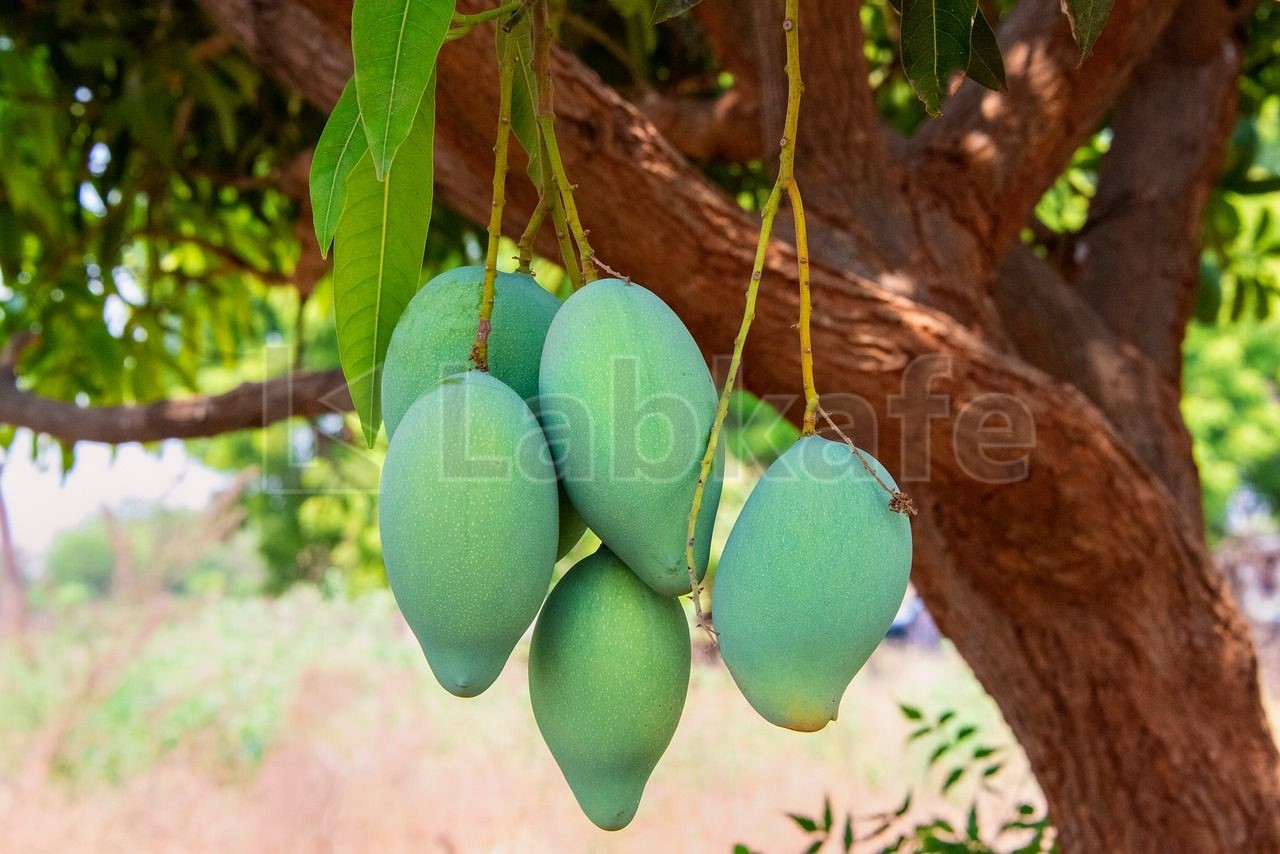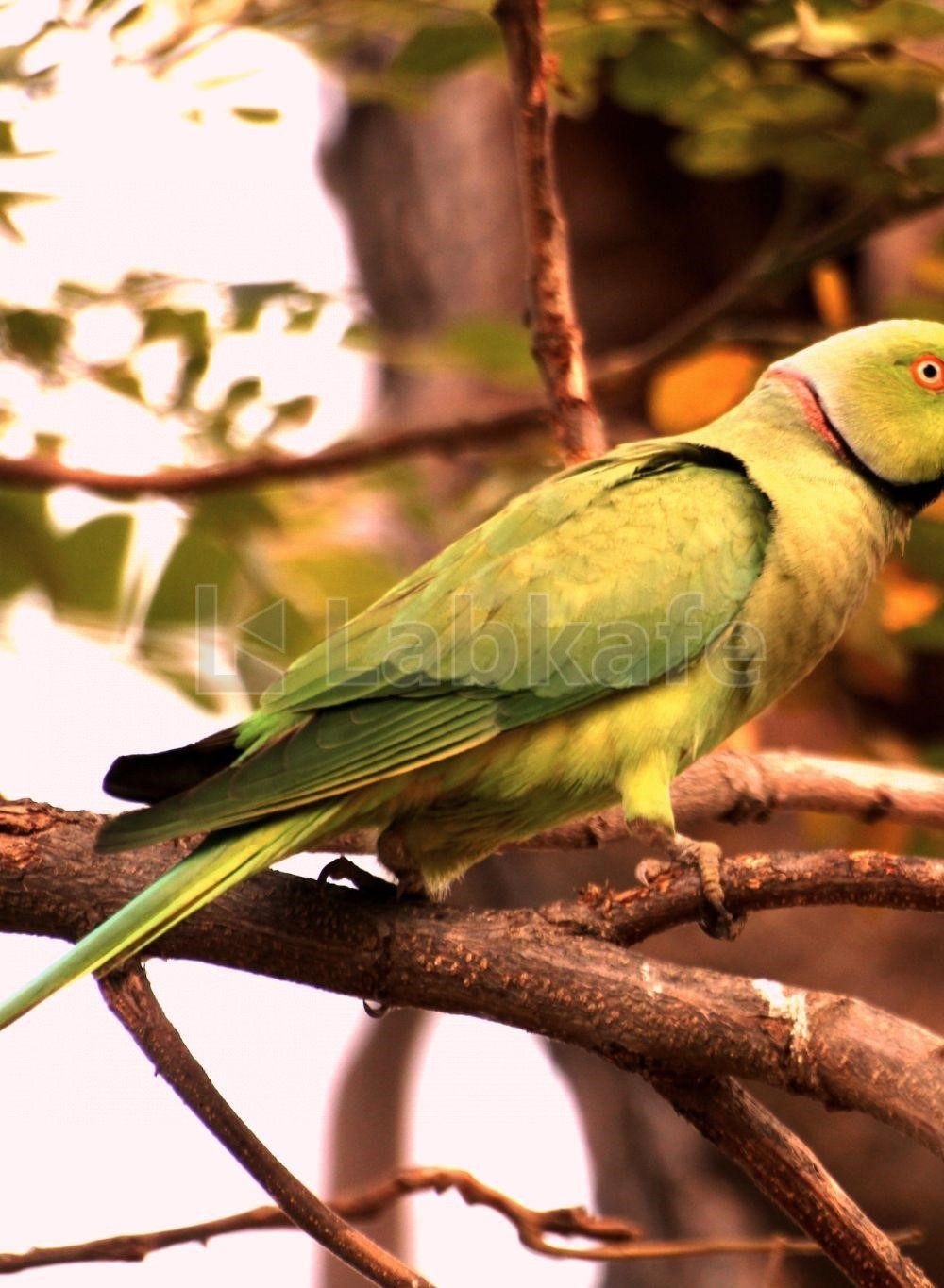Welcome to Labkafe ~ Orientallabs Retail Services Private Limited
Today we are going to talk about the BIEAP Biology Practical Syllabus, for Andhra board 1st year and 2nd year students. We have structured the AP board biology practical syllabus so that it becomes the most comprehensible and can be easily understood and remembered. With the class XI-XII exams 2022 coming soon, both students and teachers can benefit from this comprehensive list of biology practicals. And if you are interested in creating a biology lab for your school in Andhra Pradesh, you can greatly benefit from this list of experiments and observations because it would help you purchase the right biology lab package .

The biology practical exam of BIEAP is conducted by the Andhra Pradesh Board of Intermediate Education near the middle of the year. The list of AP board biology practicals is extensive and has many experiments and observations; and many schools choose not to go through the full syllabus. But that’s not good if you are looking for a future in biosciences. This is because most of the hands-on skills get generated from practical classes only.
Hence, it is best to complete the full BIEAP biology practical syllabus if you’re an Andhra board inter class student of 1st or 2nd year. You can ask your teacher to help you fulfil your syllabus. That being said, many schools are simply not equipped enough to perform all of the experiments and observations in this syllabus. In that case, you can take help from Labkafe Practical Tutorials.
The Andhra board biology practical exam has 30 marks and those marks are distributed in the following way:
Display the floral whorls, anther, overy, and number of chambers. Also study the plant itself to understand its root type (tap and adventitious), stem type (herbaceous and woody), and leaf (arrangement, shape, venation, simple, compound).


The BIEAP biology practical syllabus has quite a lot of stuff in it; however, don’t fret. All of the above experiments, preparations, and observations are possible with Labkafe’s BIEAP Biology Lab Equipment Package. This customized laboratory equipment package has everything you need to perform those works ‒ glassware, reagents, support apparatus, models, specimens, charts ‒ all you’d ever need to cover the syllabus.
Labkafe aims to bring affordable practical education to every child in India as well as Andhra Pradesh; as such, we prepare custom lab equipment packages for all types of laboratories working under all boards and disciplines. For primary, secondary, and higher secondary schools, this includes lab packages for physics, chemistry, biology, maths, robotics, astronomy, drone labs, IoT, and more. We have a national reach in over 1200 schools, colleges, and research institutes ‒ and we boast a strong presence on GeM procurement as well.
Labkafe is among the most promising laboratory supplies vendors in India. We manufacture and supply lab equipment, lab furniture, lab consumables, lab glassware, lab machines and more! Not only we manufacture lab items, we export to international resellers too. We fulfill CBSE ICSE ISC IGCSE IB State board affiliation requirements for schools by providing affiliation packages to schools. Our featured products are:
Chosen by over 1200 schools, colleges, universities, research labs, government agencies and private companies to build or renovate their laboratories, Labkafe stands as your best friend when it comes to labs. We are also a registered OEM on GeM. Our clients love us because we provide the best quality of lab products, free demos, free installation, and support for ever.
Do you wish to experience excellence too? Why not contact us today at [email protected], or call 9147163562 directly ‒ we are always available to serve. You can also use the chat button in the corner to connect to one of our representatives instantly!
Jun 09, 2022 by Swarna Karmakar
Jun 04, 2022 by Swarna Karmakar